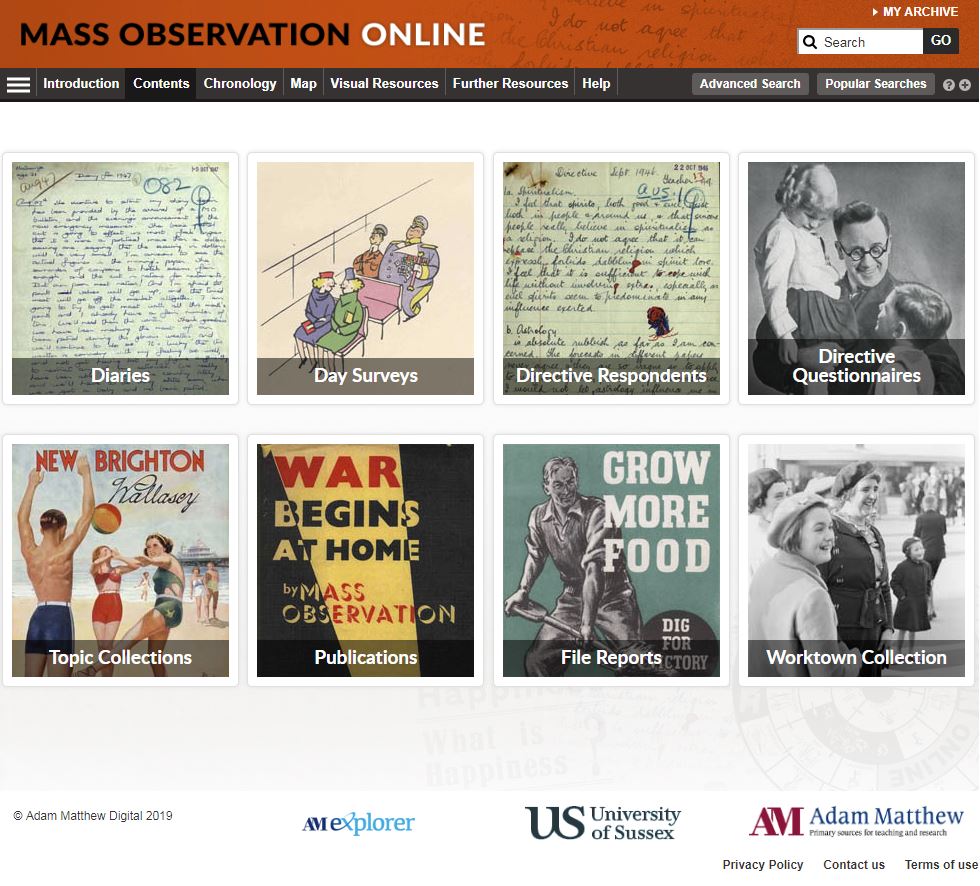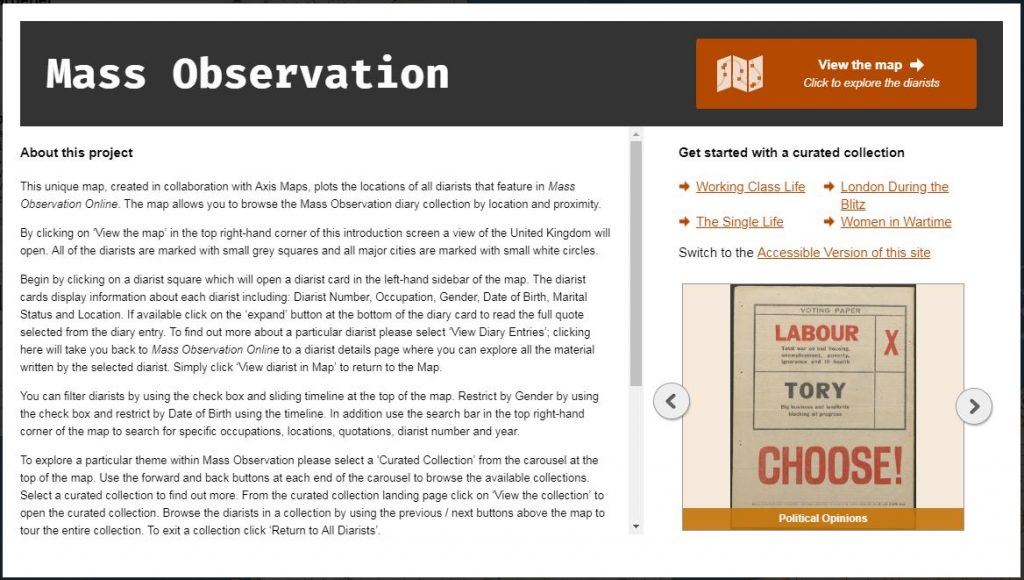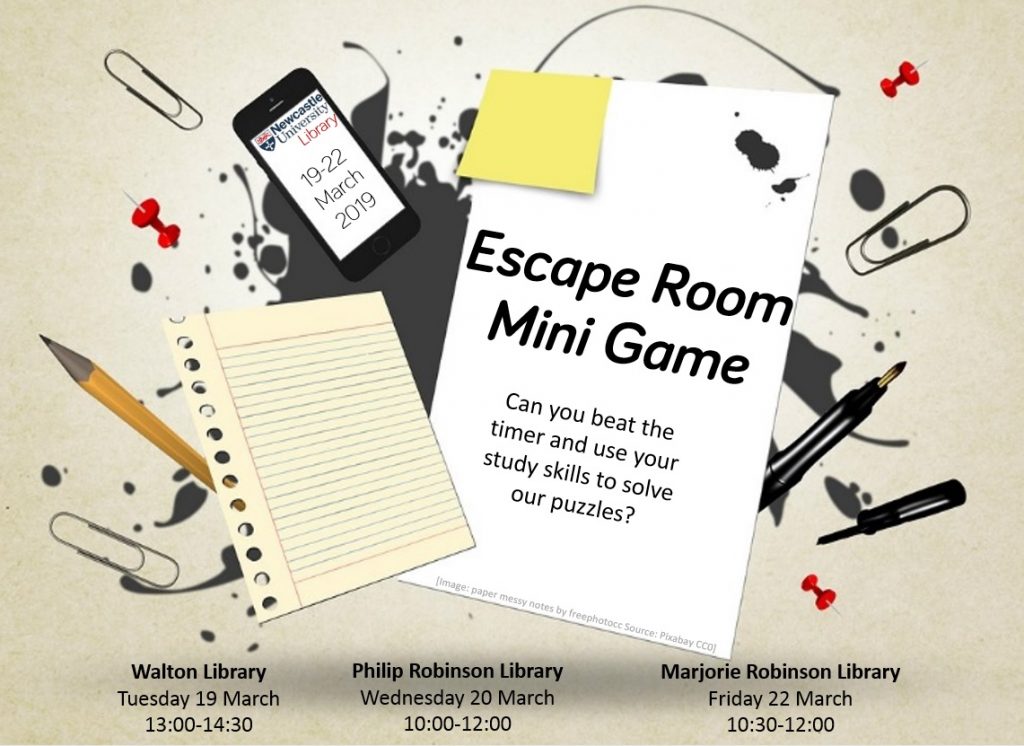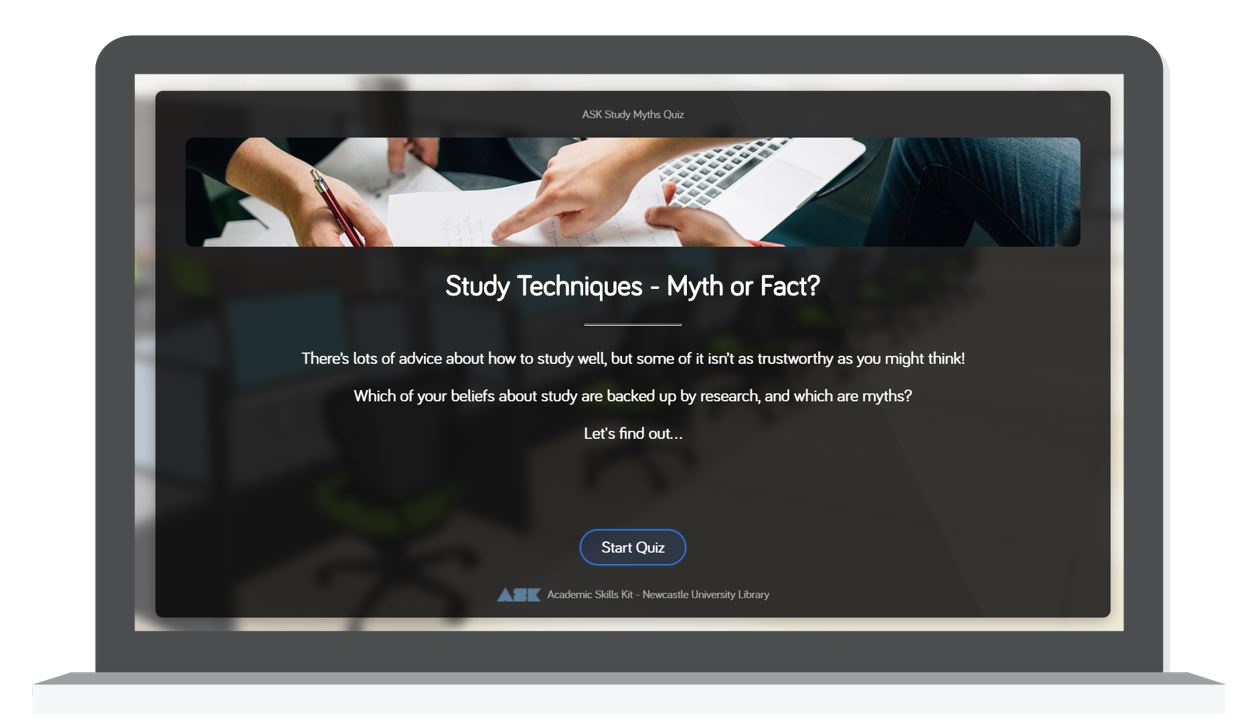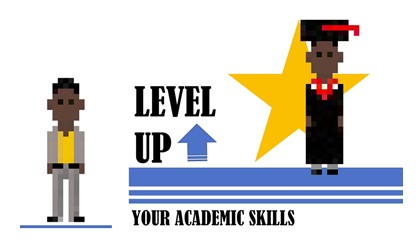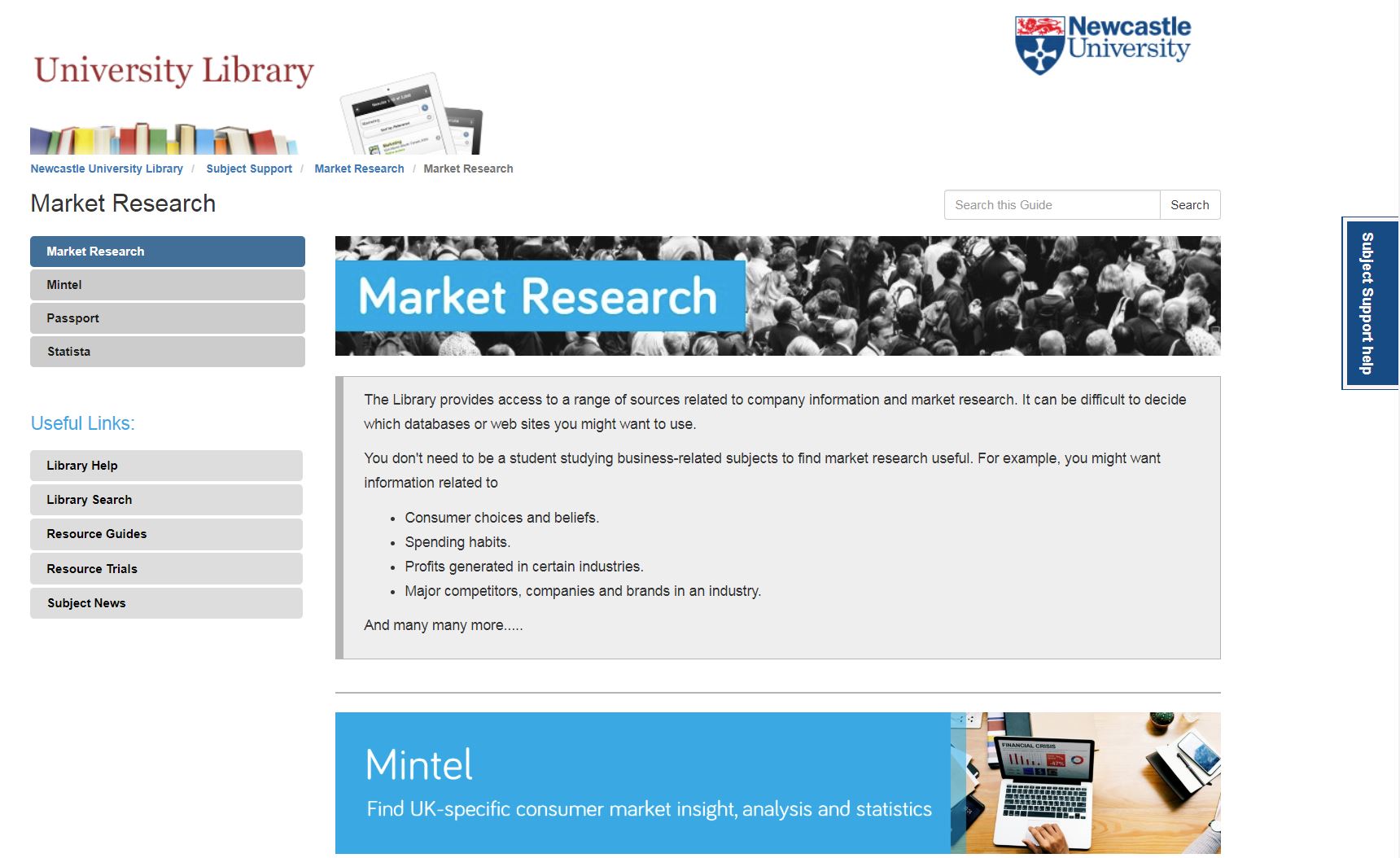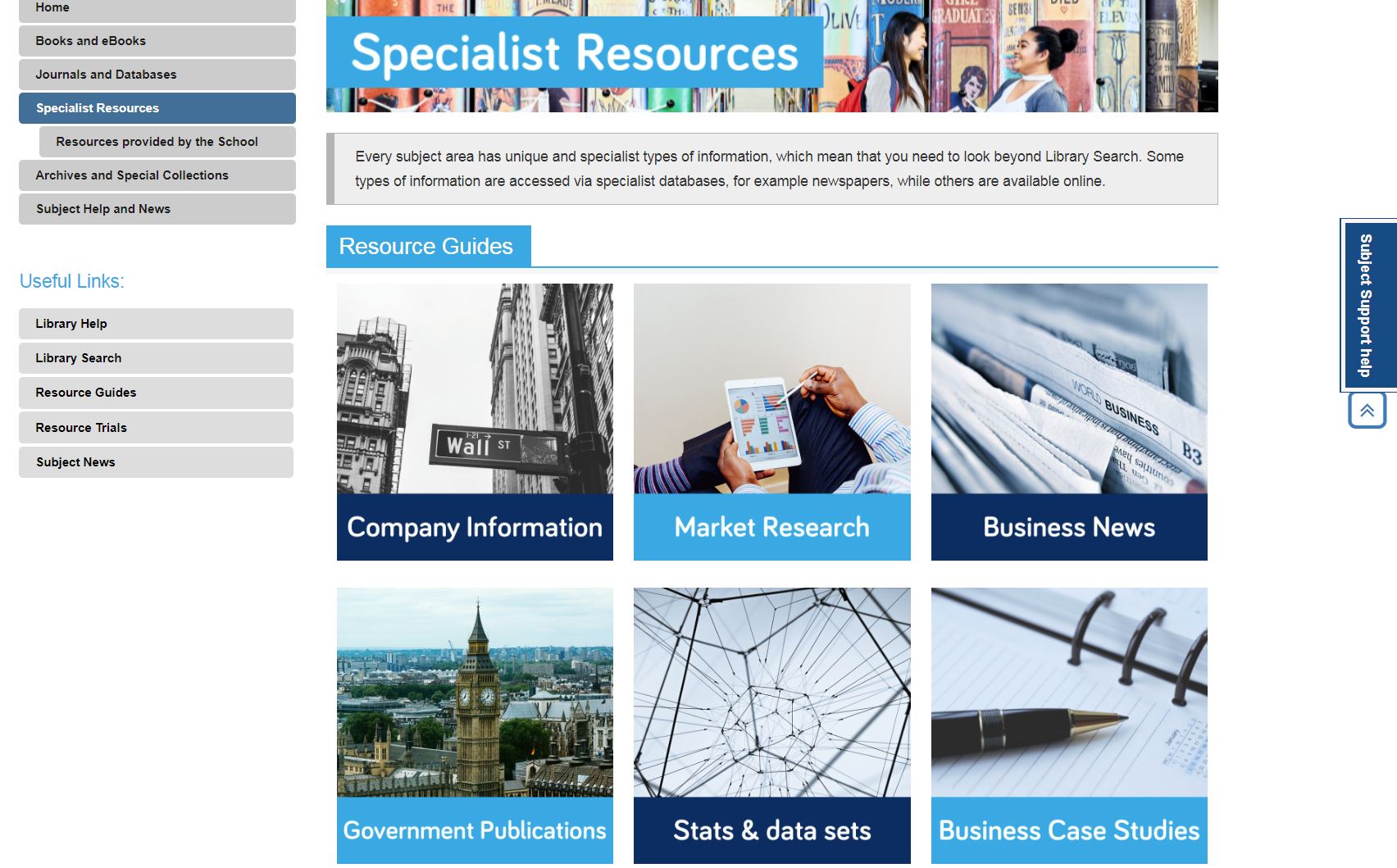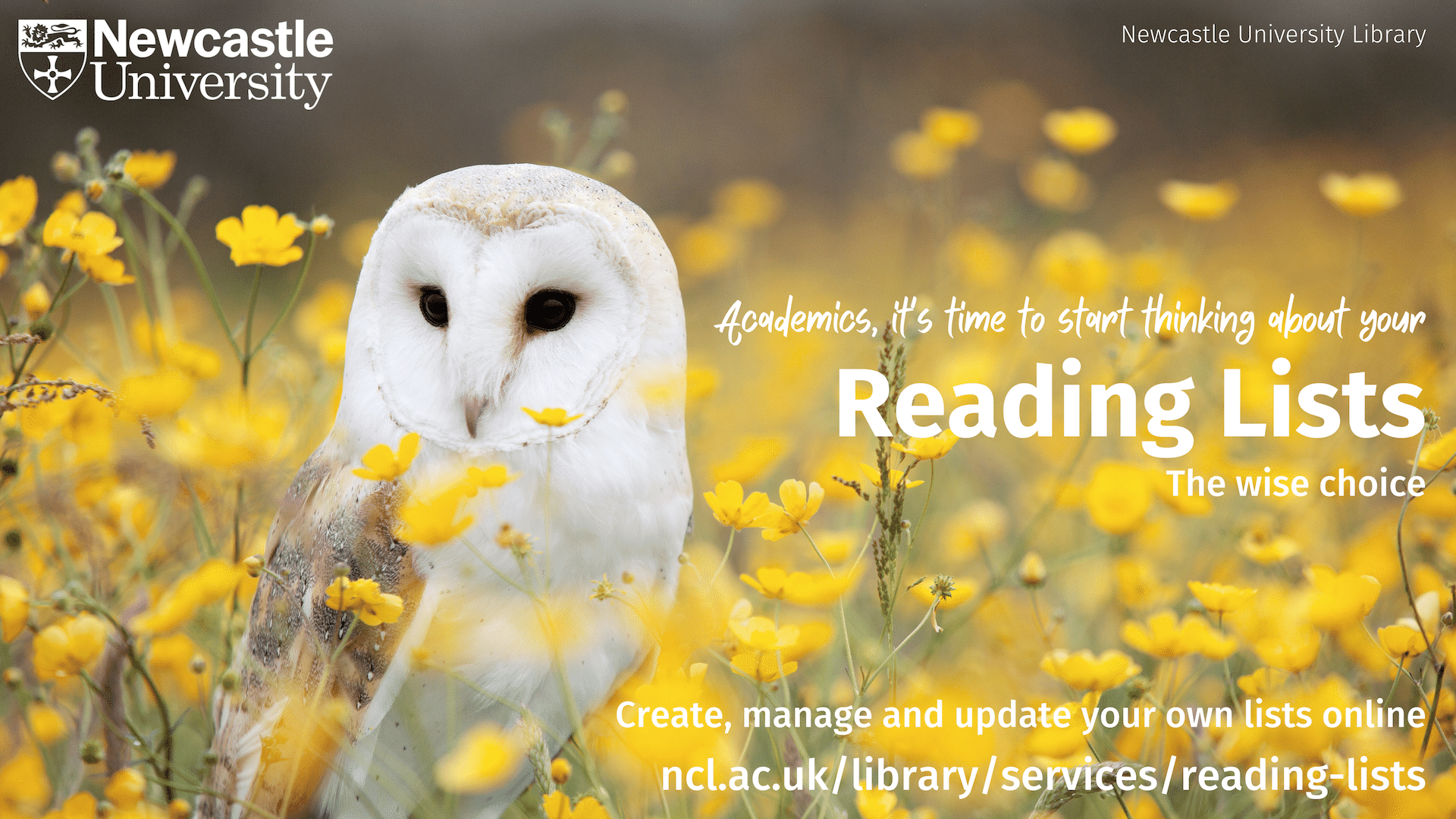
Although it’s now the summer vacation, it is time for our academics to start thinking about the reading lists for 2019/20. So, what resources are you going to recommend to your students to support your teaching? How will you ensure the Library has what you need in stock?
Use the Library’s Reading Lists to create, manage and update your own lists online. Or, you can send your list as an attachment to your Library’s Reading List team using our submission form.
Why use this service? Well, your lists will help the Library to order the correct number of copies of the titles you want to recommend, to decide on the appropriate loan periods of those printed books and enable access to electronic resources for your students. CLA scans (digitised book chapters and articles) can easily be requested through Reading Lists too. There’s no need to email us or fill out a separate request form; simply tag the item on your list and leave it to us.
Benefits for you include:
- Your book orders and scanning requests will be dealt with seamlessly by a dedicated team of Library Staff.
- It is an effective and efficient way of getting your Reading Lists to your students via Blackboard, alongside your teaching materials.
- You can add resources from Library Search, any database or while you’re browsing the Web (via the “Cite it” tool).
- You will provide accessible information to your students about their required reading, with live links to Library Search, eBooks, full-text journal articles and book chapters.
- You can organise the resources to suit your needs, e.g. by week, topic, lecture or seminar.
- You can tag the items on your Reading Lists so your students can clearly see what is essential, recommended or background reading.
- In tagging each item, the Library can ensure appropriate stock provision for your students based on module numbers.
- You can notify the Library and your students of any changes you wish to make to your lists automatically.
- Reading Lists can boost student engagement with your subject and you can see the access statistics for the items on your list, providing valuable insight on how the students are using the materials listed.
So, Reading Lists are a great way to let your students know what they need to read, and to keep the Library informed too; they are the wise choice.
You can find information about creating and managing your Reading Lists, and making resources available to your students here. And if you have any questions about this service, please do contact us at readinglists@ncl.ac.uk
Have a good summer!




